Why is Donald Trump so resilient?
As 2023 draws to a close, the ex-president is on track to win the Republican nomination and beat Joe Biden next November.
If the election were today, Trump would get his second term.
Yet he’s charged with crimes that run a gamut from election interference to mishandling classified information.
He’s under gag orders and lost a $5 million civil suit this year.
Why don’t voters care — or if they do, why are they rewarding Trump not punishing him?
A hint can be found in the work of a great historian who died last week, J.G.A. Pocock.
No one would call Pocock — who was raised in New Zealand, educated in Britain and taught for decades in the United States — a conservative (although, significantly, he supported Brexit).
As an historian, however, he rediscovered an alternative to liberalism.
That alternative was a kind of “republican” politics that lost out in 18th-century Britain but, across the Atlantic, led to the American Revolution.
In the decades before American independence, critics of the ruling clique in Parliament began calling themselves the “country party.”
They termed their opponents the “court party,” a label that evoked the same feelings as “elite” or “establishment” today.
The country party conceived of “corruption” as self-dealing by political insiders, who enriched themselves at the expense of ordinary citizens, awarding themselves economic privileges.
Thomas Jefferson and John Adams were both admirers of the leading exponent of country-party ideology, a colorful 18th-century British statesman named Henry St. John, Viscount Bolingbroke.
While Trump is often accused by the American establishment of being disloyal to the U.S. or soft on Russia, Bolingbroke really did intrigue with Britain’s superpower enemy France in hopes of overthrowing George I and restoring the Stuart line to the throne.
Bolingbroke was a noted libertine as well; if “Access Hollywood” had existed back then, it’s easy to imagine Bolingbroke getting in trouble for saying the kinds of things that Trump has said, only the viscount might have said them in Latin.
But it wasn’t his reputation for hanky-panky or treason that impressed Jefferson and Adams.
They thought Bolingbroke was right about the British constitution being subverted by insider corruption and that saving freedom would require a leader above party — what Bolingbroke called a “patriot king,” an executive who was “anti-establishment,” as we’d say.
This is one reason our Founding Fathers were strongly opposed to the idea of political parties, even if, ironically, Jefferson and Adams would both become party leaders.
The country party was supposed to be a non-party, while the court party consisted of all the insiders, whether they called themselves Whigs or Tories, or now Democrats or Republicans.
The court party saw the country party as demagogic, disloyal, disorderly — a breeding ground for conspiracy theories and lawbreaking.
Partly because of Bolingbroke’s disgrace — including posthumous publications that attacked Christianity — country-party consciousness faded in Britain.
But not in America.
Country-party attitudes have been a recurrent feature of our politics in the 250 years since the Boston Tea Party.
In 2010, at the height of another self-described Tea Party, the political scientist Angelo Codevilla wrote an essay, which then became a book, called “The Ruling Class.”
He described the Obama-era Tea Party as a new manifestation of the country party, stirred to life by the bailouts that rescued financial insiders during the Great Recession.
Codevilla died two years ago, but another patriot scholar, George Mason University’s F.H. Buckley, continues to develop the idea of a modern country party.
Buckley says (SET ITAL)legal(END ITAL) corruption is what incites the country party against the court party.
Bill and Hillary Clinton, Barack Obama, and the Biden family all amassed millions through political connections — not their government salaries.
The court party thinks Trump personifies corruption, but unlike the Clintons, Obamas and Bidens, Trump and his family appear financially worse off as a result of political involvement.
Yet Trump’s character, like Bolingbroke’s, isn’t really what matters for the country party.
What’s important is their ability to express the feelings of the “country” — the people who didn’t enjoy the favor of the king and prime minister in Bolingbroke’s time and who get dismissed as deplorables by the corporate elite, educational establishment, mainstream media and permanent administrative state today.
Even Bolingbroke’s disdain for revealed religion finds an analogue in Trump’s impiety toward political correctness and the secular clerisy that enforces it.
Court-country is a more fundamental divide than conservative-liberal or Republican-Democrat, and it’s the source of Trump’s strength.
He’s resilient because Americans, from the Boston Tea Party onwards, have always preferred breaking the law to living under broken laws, and the charges against Trump are irrelevant to the struggles of ordinary people against a self-dealing yet self-righteous elite.
Aristocracy is the problem, and Americans will fight it with any weapon at hand — including Donald Trump.
—
Daniel McCarthy is the editor of Modern Age: A Conservative Review. To read more by Daniel McCarthy, visit www.creators.com
COPYRIGHT 2023 CREATORS.COM



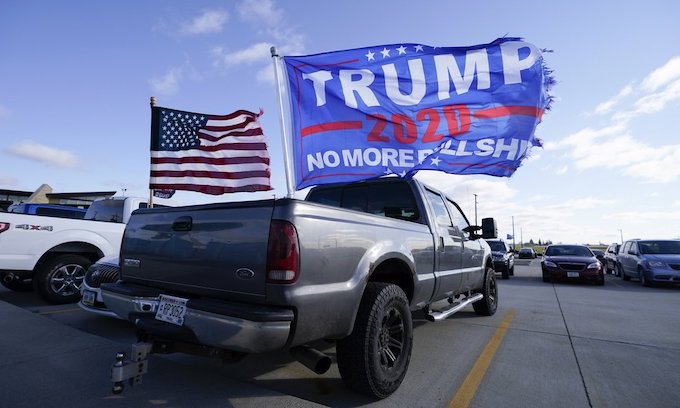
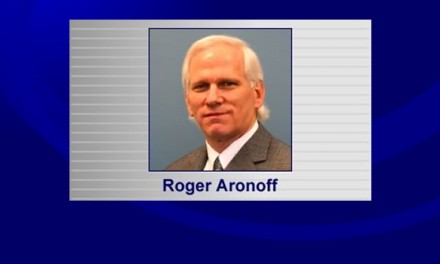

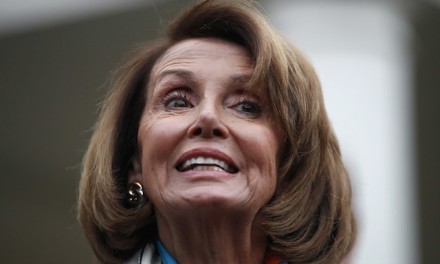
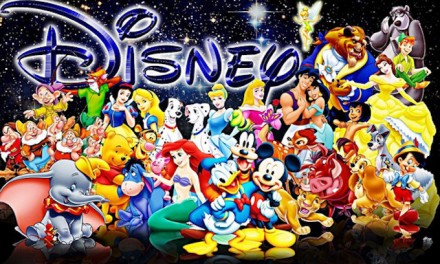










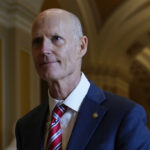
Either WE THE PEOPLE go back to the concepts of all men being created equal as meaning that all men get treated equally under the law, or they can take this great experiment in self-government and just hand it back to the new Self-declared socialist elite aristocracy, none of whose leaders ever get fined or go to jail when caught with hands in the American cookie jar of integrity fleeing political runaway gingerbread men. Allowing any hands-off “Untouchable” elite to exist in any form is not a perpetuation of a self-governing democracy, but a surrendering to a disguised newly created socialist aristocracy, every bit as masked and unidentifiable as modern disguised socialists naming and declaring themselves and their party as anything that represents the true meaning of the word democratic. True democratic people always put the interests of THE PEOPLE over the party, not the party always in control over THE PEOPLE.
I prefer we TAKE BACK our nation, than hand it over.. The latter is imo too close to capitulation/surrender.